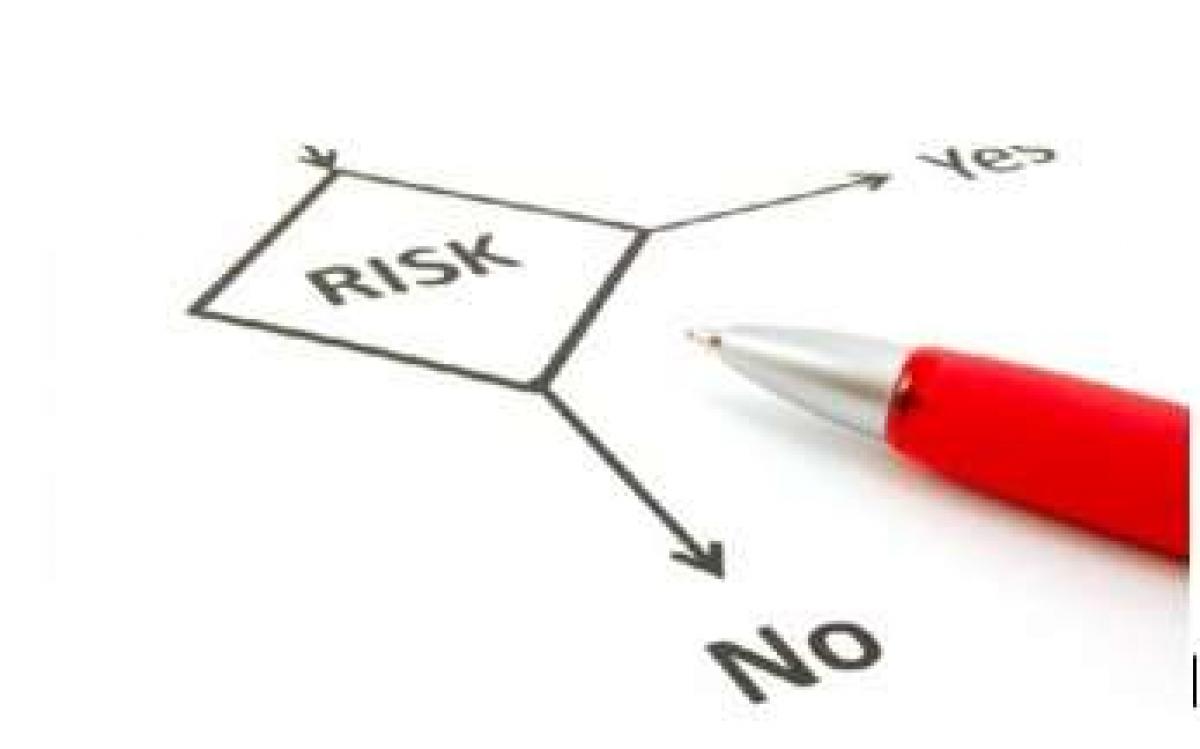Economists sometimes cite a “law of unintended consequences.” This is what it sounds like, the principle that actions of people, inclusive of and perhaps (depending on who is writing) especially the actions of a government, have unanticipated and (as far as third party observers can judge intentions) unintended consequences. In some formulations, it is said to be the law that unintended consequences will turn out to be of greater importance than those that were intended. One of the most influential statements of this law or principle belongs to Robert K. Merton, who in an essay in 1936 traced it to the “imperious immediacy of interest.” Legislators and regulators treat the immediate crisis as the only issue before them, and its imperiousness drives out all else. On the simplest level, this may involve writing a check for something one wants very badly, but failing to confirm first that one’s checking account can accommodate a check of that face value. As a result of the global financial crisis of 2007-08, many governments (including that of the United States, in the Dodd-Frank Act) decided that finances had become vulnerable to something akin to check kiting because derivatives transactions take place or took place outside the clearinghouse system that works so well in the more staid world of stocks and bonds. “Clearing” is the procedure by which an intermediary reconciles orders between transacting parties, records the transfer, and sometimes ensures delivery of a security to the buyer. In the derivatives world, a clearinghouse is the actual buyer from the seller and the actual seller to the buyer. Dangerous Entities A well-connected swap speculator may well be a less dangerous entity in a world in which its transactions have been consigned to a clearinghouse than it would be in a world in which they were not – one in which the swap speculator’s word was its only back-up and its sudden failure might cause all sorts of havoc. That was the imperious subject of interest to the legislators and to the regulators who took their lead from Dodd-Frank. BUT … what about the clearinghouse itself? Critical platforms now owned by Intercontinental Exchanged, the LCH.Clearnet Group, and the CME Group where these swaps are cleared? How well thought through is the possibility of a failure at that level, and its consequences? What is new of late is not the thought that the mandates may have turned the clearinghouses themselves into systemic risks to the system, (others have said as much for years), but the fact that it is Gary Cohn who has now expressed that thought. This brings the idea out of the domain of financial policy wonks, into mainstream political discourse. Gary Cohn on clearinghouses Gary Cohn, the former president and COO of Goldman Sachs now serving under President Donald Trump as director of the National Economic Council, spoke at a banking conference in the District of Columbia on Sunday, October 22. So: what did Cohn tell the banking conference? He said that the mandates have reduced transparency, “we get less liquid assets in the clearinghouse” and this has started to “resonate to me to be a new systemic problem in the system.” He also called clearing a “great modern invention.” But like other such inventions, it “has its limits, and I think we have expanded the limits of clearing probably farther beyond their useful existence.” Cohn was raising the profile of a portion of the Treasury’s recent report on financial regulatory reform. The report is a large one covering a lot of ground, so the bit about the mandates might have been totally lost to public recognition without the help of Cohn’s highlighter.

←
Back to Portfolio for the Future™
Are Clearinghouses Systemically Risky? Gary Cohn is Heard From
October 31, 2017



